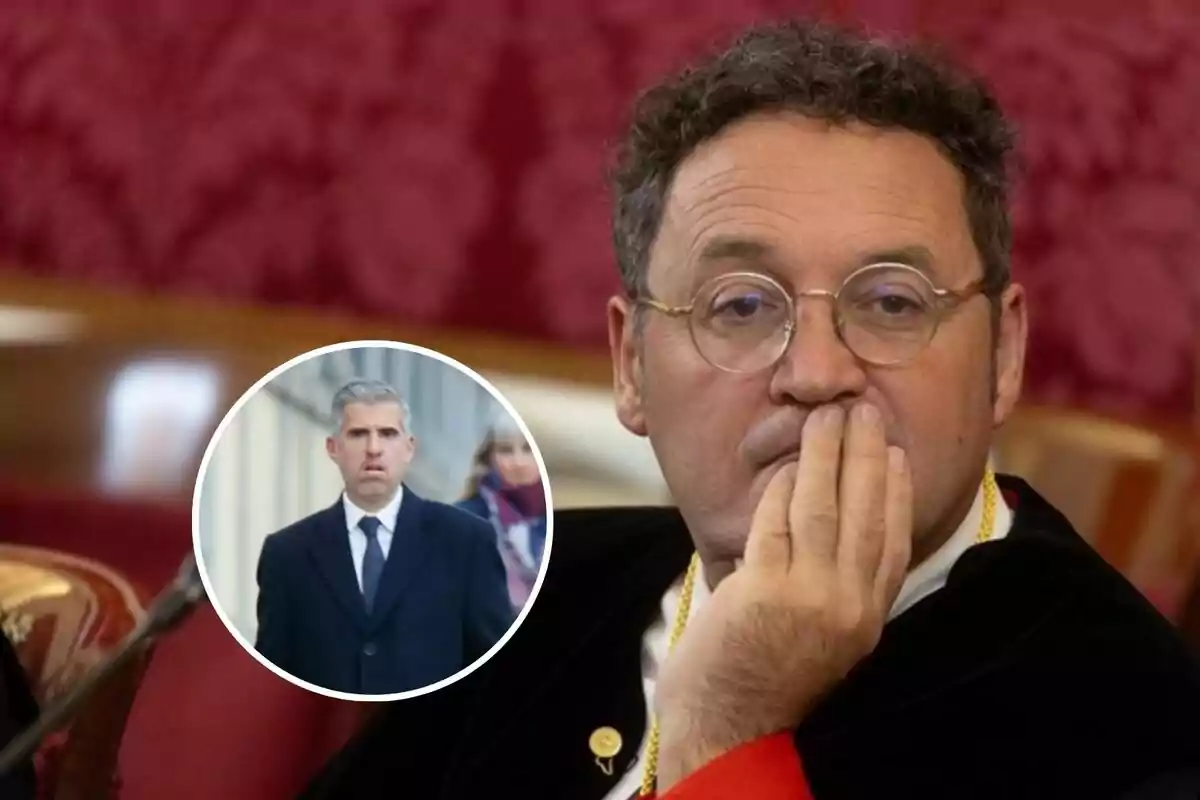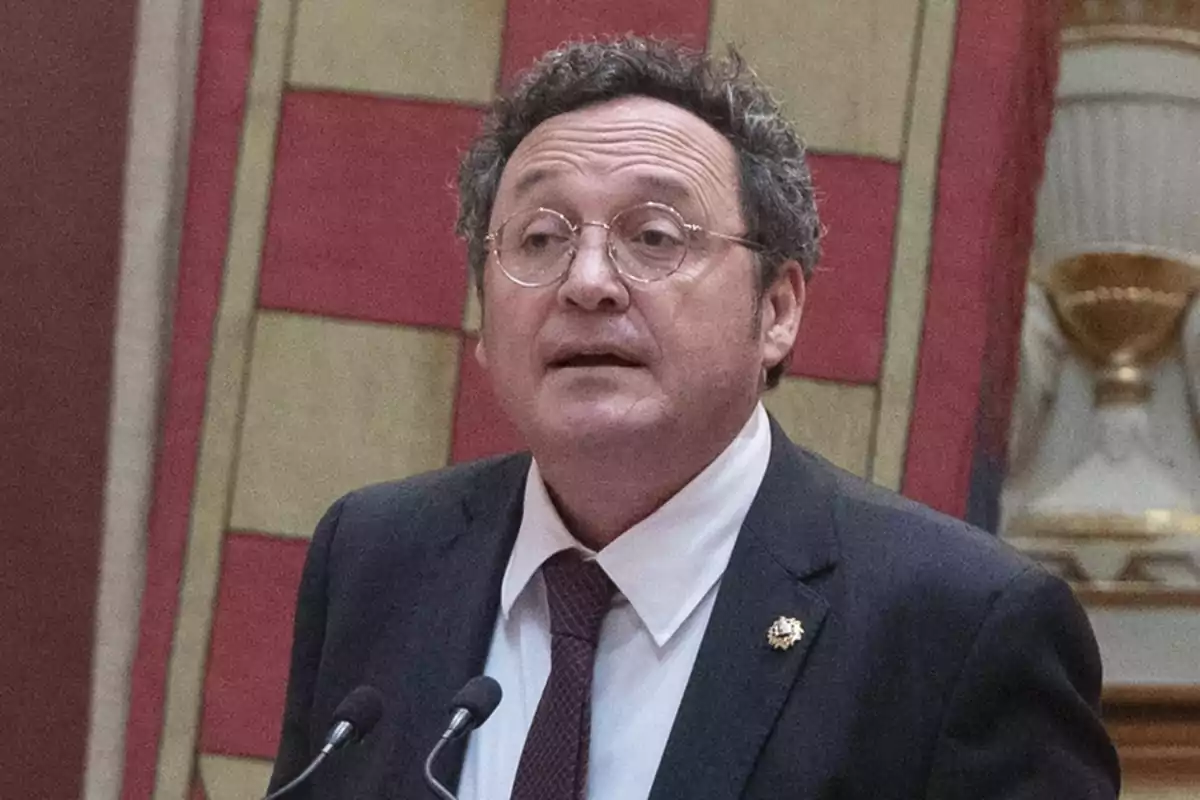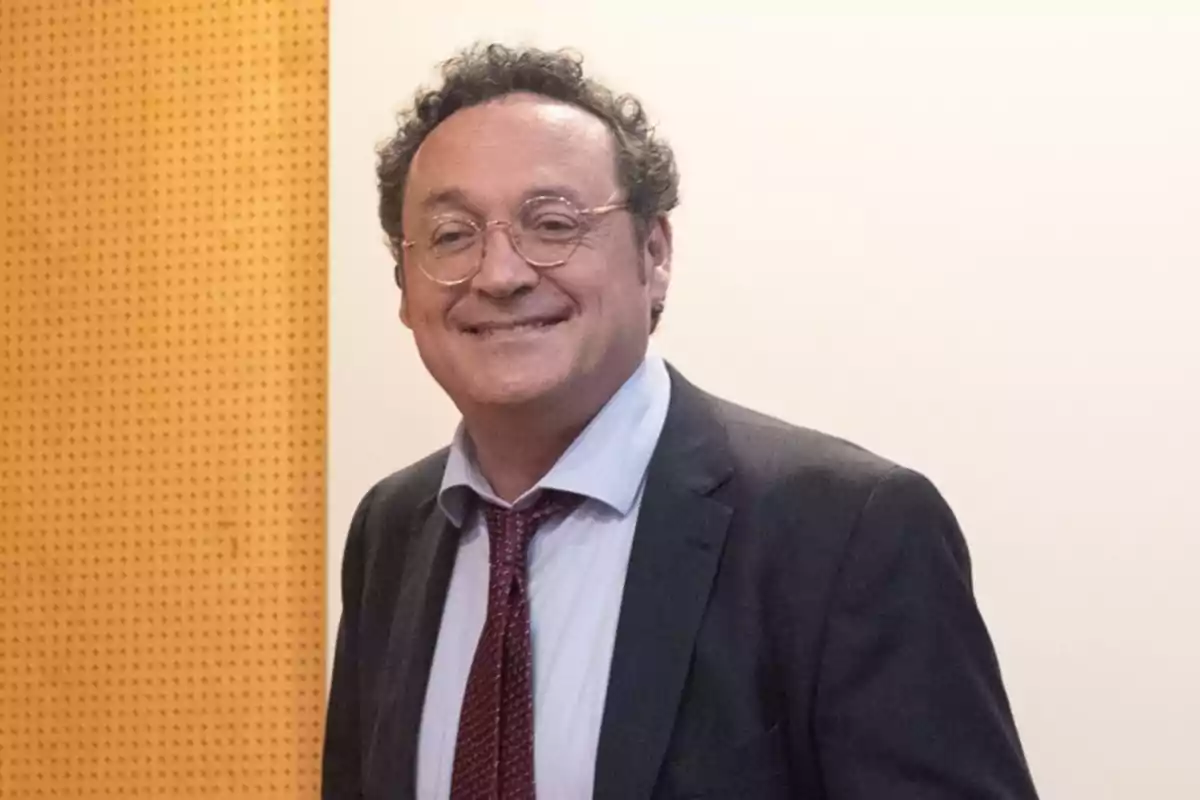
Prosecutor Salto puts García Ortiz in check and denies a protocol to delete messages
Witnesses have acknowledged before the judge that there's no message deletion protocol in the Prosecutor's Office.
The Attorney General, Álvaro García Ortiz, is once again under pressure following new witness data. This time, it was the economic crimes prosecutor, Julián Salto, who revealed new information.
The chief prosecutor of Madrid, Almudena Lastra, also testified as a witness. All within the framework of the case directed against the Attorney General.

The new statement from the digital delegate of the Madrid Prosecutor's Office would contradict the version disseminated by sources from the Attorney General's Office. If the point presented by both witnesses is confirmed, García Ortiz won't be able to justify why they proceeded with the deletion of the same.
It's important to remember that the UCO included in one of its reports that "0 messages" were found in messaging applications. Data extracted from the dump of Attorney General García Ortiz's mobile device.
A device that was seized by the Civil Guard during the search of his office. Shortly after, investigators confirmed that the top representative of the Public Ministry had changed his mobile device five days before the search of his office.

That is, a week after the Supreme Court opened a case against him.
The Confession of the Chief Prosecutor of Madrid That Firmly Threatens García Ortiz
The investigation by Judge Ángel Hurtado against Attorney General Álvaro García Ortiz continues in the Supreme Court. This Thursday, Almudena Lastra, chief prosecutor of Madrid, confirmed her testimony before the Supreme Court, expanding on relevant details of the case.
In her statement, Lastra reiterated that the press published confidential information that could only have come from the Prosecutor's Office itself.
The prosecutor explained that she participated in drafting an informative note to refute "errors" disseminated about the González Amador case.
However, she claimed she doesn't take responsibility for the content, pointing out that it included confidential data that shouldn't have been published.
Lastra detailed a conversation held on March 14 with the Attorney General after reading news about an email sent to prosecutor Julián Salto. According to Lastra, when asked if he leaked the information, García Ortiz replied: "That doesn't matter now," avoiding a direct clarification.
That same day, Lastra noticed that the press had access to data not shared with the defense of the investigated nor with the Dean's Office. For this reason, she insisted that the leak could only have originated from the Prosecutor's Office, increasing suspicions against García Ortiz.
The economic crimes prosecutor, Julián Salto, also appeared this Thursday to provide key data for the development of the investigation. Salto is leading the case against González Amador, partner of Isabel Díaz Ayuso, for alleged economic and tax crimes.
The investigation seeks to determine if García Ortiz leaked confidential information, which could constitute a crime of revealing secrets.
On January 29, García Ortiz must appear before the Supreme Court as a suspect in these accusations.
The controversy has also sparked political reactions, with Minister Félix Bolaños questioning the strength of the evidence presented. Bolaños criticized Judge Hurtado's ruling, suggesting that the accusations against the Attorney General lack solid foundation.
In parallel, suspicions have been raised about alleged commissions linked to Ayuso's boyfriend and a director of the Quirón Group.
This case has put the Prosecutor's Office in the eye of the storm, generating debates about transparency and ethics in judicial institutions.
More posts: